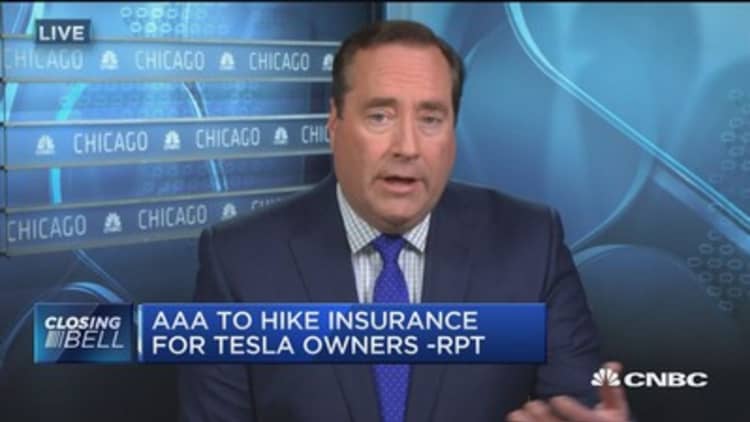Fibbing on your auto insurance application can be a costly mistake.
One in 10 Americans has intentionally given wrong information when applying for an auto insurance policy, in order to get a better rate, according to a new report from NerdWallet. Common lies include how many miles they drive, who drives their vehicle and where they park their car. (See chart below for a breakdown.)
"People may not even see this as a type of fraud, but it is because you are misrepresenting the risk you are to the insurer," said Amy Danise, an insurance expert for NerdWallet.
Those lies are likely to catch up with you.
"Underwriting auto insurance is becoming a lot more data-driven," said Peter Kochenburger, deputy director of the University of Connecticut's Insurance Law Center. "It's much easier to catch these things than it was before."
Insurers weigh hundreds of factors when determining your risk, he said, and they are likely to check details you provide against those they have access to in their own databases and third-party reports such as C.L.U.E., which catalogs recent auto claims. Your application could be denied.
Misrepresentations are even more likely to come to light amid insurer investigations if you have to file a claim. (In the NerdWallet report, 23 percent of consumers had ever filed an auto insurance claim.)
State laws vary but, generally, a lie that is material to your claim allows the insurer to deny or limit coverage on that claim — leaving you on the hook for that damage, Kochenburger said. The insurer may be able to cancel your policy, and the lie could even run afoul of state insurance fraud laws.

To avoid accidentally offering incorrect information, pull together relevant details such as past policies, recent claims and vehicle specs before you apply. That helps ensure you aren't accidentally giving out inaccurate information.
If you later realize that your application wasn't accurate, reach out to your agent with the correct details, Kochenburger said. Save those emails. It may not matter that you drive more miles than originally estimated, but it's good to have documentation that you set the record straight.
"You don't want to be in a position later on of being unable to prove it," he said.


